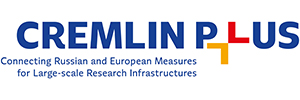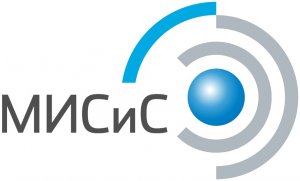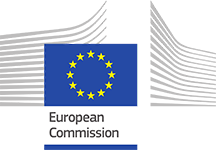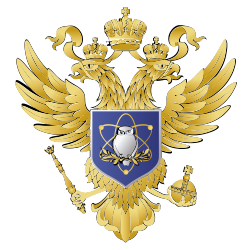MIPT Researchers Put Safety of Magic Anti-Cancer Bullet to Test
A group of MIPT researchers together with their colleagues from Moscow, Nizhny Novgorod, Australia and the Netherlands have carried out the first systematic study analyzing the safety of so-called upconversion nanoparticles that may be used to treat skin cancer and other skin diseases. This study is one of the most important steps on the path to new, safe and effective methods to diagnose and treat cancer.
It was back in 1908 that the German naturalist and doctor Paul Ehrlich came up with the idea of a “magic bullet”– a drug that would fight only pathogenic microbes or cancer cells, without affecting the healthy cells. One century later chemists and physicians are closer than ever before to turning this idea into reality, thanks to nanotechnology.
“This study is an important step towards beginning to use UCNPs to diagnose and treat skin cancer and other skin diseases,” says Petersen. According to her, there are already studies of the use of nanoparticles for the treatment of skin diseases, but to utilize them on a large scale it is necessary to prove that they are safe and efficient.
The study was funded through a megagrant of the Russian government and a grant of the Russian Foundation for Basic Research










